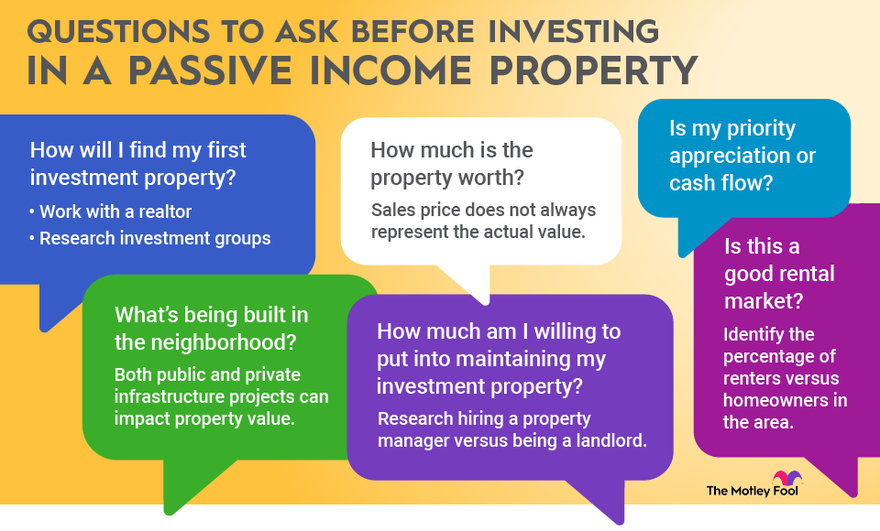All Categories
Featured
Table of Contents

As certified investors, individuals or entities might take part in private financial investments that are not registered with the SEC. These capitalists are presumed to have the economic elegance and experience needed to review and purchase risky investment possibilities inaccessible to non-accredited retail investors. Below are a couple of to think about. In April 2023, Congressman Mike Flooding presented H.R.
For currently, capitalists must abide by the term's existing definition. There is no formal process or government certification to come to be an accredited capitalist, a person might self-certify as an accredited investor under existing laws if they gained even more than $200,000 (or $300,000 with a spouse) in each of the past two years and expect the exact same for the existing year.
People with an energetic Series 7, 65, or 82 permit are also thought about to be accredited investors. Entities such as companies, partnerships, and counts on can likewise achieve recognized investor status if their investments are valued at over $5 million (Exclusive Real Estate Deals for Accredited Investors). As accredited investors, people or entities may engage in private investments that are not signed up with the SEC.
How do I get started with Accredited Investor Real Estate Syndication?
Private Equity (PE) funds have shown amazing development in recent years, seemingly undeterred by macroeconomic difficulties. PE companies swimming pool capital from certified and institutional capitalists to get controlling passions in mature personal business.
In addition to resources, angel investors bring their expert networks, advice, and expertise to the startups they back, with the assumption of endeavor capital-like returns if business removes. According to the Facility for Endeavor Research study, the average angel financial investment quantity in 2022 was approximately $350,000, with investors obtaining an ordinary equity risk of over 9%.
That stated, the arrival of on the internet private credit rating platforms and specific niche enrollers has made the asset course available to individual certified investors. Today, financiers with as low as $500 to spend can benefit from asset-based private credit score opportunities, which supply IRRs of approximately 12%. Regardless of the rise of ecommerce, physical grocery shops still make up over 80% of grocery sales in the United States, making themand particularly the genuine estate they operate out oflucrative financial investments for certified capitalists.
In comparison, unanchored strip facilities and area centers, the next 2 most heavily negotiated types of property, recorded $2.6 billion and $1.7 billion in deals, specifically, over the same period. What are grocery store store-anchored? Suburban shopping center, outlet malls, and other retail centers that feature a significant grocery shop as the location's main tenant generally drop under this category, although shopping malls with enclosed pathways do not.
To a lesser degree, this phenomenon is also true in reverse. This uniquely symbiotic connection between a facility's renters drives up demand and maintains rents boosted. Certified capitalists can purchase these rooms by partnering with property exclusive equity (REPE) funds. Minimum investments normally begin at $50,000, while total (levered) returns range from 12% to 18%.
Accredited Investor Rental Property Investments
The market for art is also increasing. By the end of the decade, this number is anticipated to come close to $100 billion.
Investors can currently own varied personal art funds or acquisition art on a fractional basis. These choices come with financial investment minimums of $10,000 and use internet annualized returns of over 12%.

If you have actually seen ads for genuine estate investments, or any various other type of investing, you might have seen the term "recognized" before. Some investment chances will only be for "certified" capitalists which are 506(c) offerings. Unfortunately, this leads some people to think that they can not buy realty when they can (nevertheless, "recognized" seems like something you make or get).
What happens if I don’t invest in Accredited Investor Property Investment Opportunities?
Nevertheless, what takes place if you wish to spend in a small company? Possibly there's a diner down the road that you intend to invest in to obtain a 25% equity stake. That restaurant, definitely, will not sign up with the SEC! That's where certified investing enters into play. That diner could get investments from certified financiers but not nonaccredited ones.

With that background in mind, as you might envision, when somebody solicits financiers in a new apartment or condo building, they must frequently be recognized. Many of them are open to nonaccredited financiers.
Exactly how is that a nonaccredited realty investing option? The answer hinges on a subtlety of the law. A nonaccredited realty investment opportunity is a 506(b) deal named after the section of the statute that accredits it. Syndications under this regulation can not publicly promote their safeties, so it is needed that the enrollers (people placing the syndication with each other) have a preexisting connection with the financiers in the deal.
Possibly the most straightforward and user-friendly investment possibility for someone that doesn't have certification is acquiring and holding rental building. You do not require any special classification to get the condo or home down the road and rent it out to tenants. Obviously, that's an advantage due to the fact that acquiring and holding rentals is a superb method to construct your net well worth! Commonly, property worths value, and you can create a steady monthly earnings stream! The only drawback is that you're on the hook for anything that goes wrong! And, you require to handle all your lessees' questions also at 3am or hire a home manager to do so (which can become pricey, relying on the area). Acquiring and holding rental properties is maybe one of the most simple of all the unaccredited real estate investing options! You've undoubtedly seen or become aware of all the turning programs on television.
Part of the factor these shows are around is that turning does function mostly. You can find homes cheaply, refurbish them, and sell them for a tidy profit if you recognize where to look. If you go behind the scenes on these programs, you'll frequently recognize that these financiers do much of the job on their own.
The concept behind this approach is to keep doing the adhering to actions in sequence: Purchase a single-family home or condo that needs some work. Rehab it to make it both rentable and boost the home's worth. Rental fee it out. Refinance the residential property to take out as much of your initial capital as possible.
Who offers flexible Real Estate Investment Funds For Accredited Investors options?
What if you do not have that saved up yet but still desire to spend in genuine estate? These firms generally acquire and run malls, purchasing centers, apartment buildings, and other massive real estate financial investments.
Table of Contents
Latest Posts
Tax Lien Listings
Homes For Sale Back Taxes
Real Estate Tax Sale Law
More
Latest Posts
Tax Lien Listings
Homes For Sale Back Taxes
Real Estate Tax Sale Law